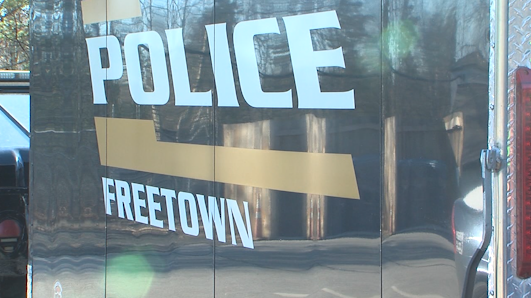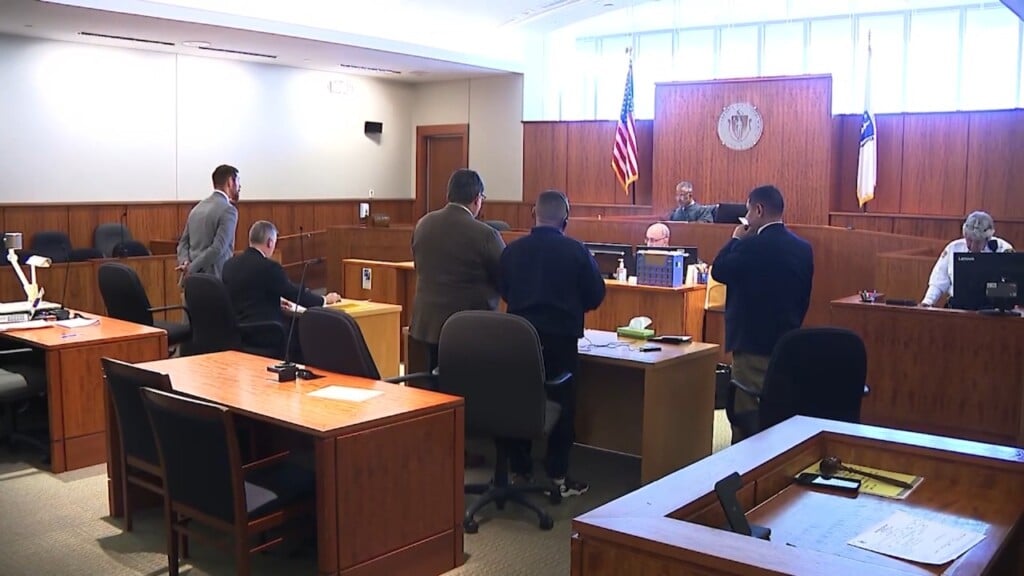As bears come out of hibernation, DEM is reminding Rhode Islanders to remove potential food sources from property
Potential food sources include bird feeders, compost piles, pet food, and livestock feed.
By: Tim Studebaker
Facebook: @TStudebakerABC6
Twitter: @TStudebakerABC6
Email: tstudebaker@abc6.com
PROVIDENCE, R.I. (WLNE) – The Rhode Island Department of Environmental Management is out with a springtime message: Bears are waking up from their winter slumber, and they’re hungry.
Charlie Brown is a wildlife biologist with the Rhode Island Division of Fish & Wildlife. Brown says, “It’s pretty reliable that, you know, we start getting our first bear reports of the spring around the last week of March, first week of April.”
Their numbers dwindled over the years as they were pushed out of our area, but now black bears are slowly making their way back.
Brown says, “We’re seeing the leading edge of the bear population in New England, to the west and the north of us, is gradually moving, inching toward the coast.”
For now, concern for potential encounters is highest in rural areas in Providence County, Kent County, and Washington County.
Brown says, “Anywhere from Burrillville to Westerly, in any of those communities that are more rural, to the extent that we have rural communities here in Rhode Island.”
This time of year, they’re looking for easy food sources.
Brown says, “A Droll Yankee feeder hanging there with a couple of pounds of black oil sunflower seed in it, or suet feeder attached to a tree is an easy target.”
The DEM says to prevent an unwanted close encounter, it’s best to take down bird feeders and don’t put them back up until November. Also, keep garbage, pet food, and bird seed indoors. Avoid putting meat or greasy food scraps in your compost pile. And, take steps to protect pets and livestock.
Brown says, “If you’re going to invest in livestock and their care, it’s probably worth the small investment it would take to consider putting up electric fencing.”
If you do see a black bear on your property, the DEM says don’t panic. After the bear leaves, remove anything that could have attracted it, and report the sighting to the DEM.
© WLNE-TV / ABC6 2021



